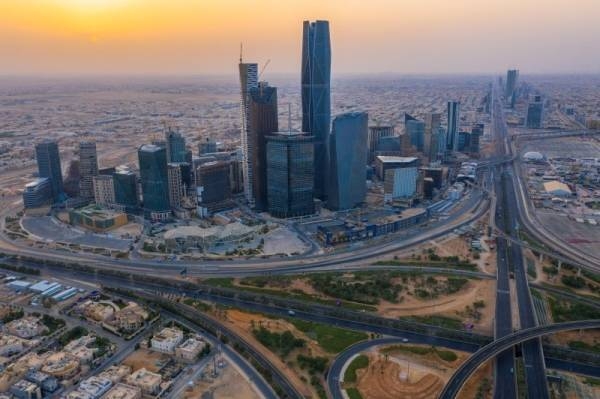Saudi Arabia has received praise from the International Monetary Fund (IMF) for its significant progress and sustained efforts in advancing its economic transformation. The IMF described Saudi Arabia’s progress as “unprecedented” and highlighted the country’s success in modernization and diversification efforts. The IMF projected a 4.4 percent medium-term growth in the non-oil sector, indicating a positive outlook for the Saudi economy.
The Saudi government recently conducted an analytical study on fiscal space, which helped in recalibrating investment spending in alignment with the Vision 2030 goals. This recalibration was supported by the IMF’s Executive Board, as it helped reduce the risks of economic overheating. The IMF report emphasized the impact of this on Vision 2030 goals and highlighted the government’s priorities and investor expectations. Saudi Finance Minister Mohammed Al-Jadaan announced in April that adjustments would be made to the Vision 2030 plan to transform the economy as needed. The IMF expressed its support for Saudi Arabia’s move towards recalibrating investment spending.
The overall growth in Saudi Arabia is expected to reach 4.7 percent in 2025, driven by the phase-out of oil production cuts. Inflation is expected to remain under control due to the country’s peg to the US dollar and consistent domestic policies. The IMF noted that the unemployment rate in Saudi Arabia has reached an all-time low, with women participation in the labor force surpassing the 30 percent target set by Vision 2030. The IMF also mentioned that geopolitical events have not had a significant impact on the Saudi economy.
The IMF’s Executive Board concluded the 2023 Article IV consultation with Saudi Arabia in July 2024, noting that while oil production cuts led to a contraction in overall growth in 2023, the non-oil sector experienced robust growth. Private consumption and non-oil investment supported this growth. The IMF report also highlighted the slowdown in headline inflation in Saudi Arabia, attributing it to factors such as an appreciating exchange rate and inflows of expatriate workers. The report noted a decline in the current account surplus in 2023, but highlighted other positive factors such as a record surplus in the services balance and robust reserves.
The IMF praised Saudi Arabia for its ongoing economic transformation efforts under Vision 2030, noting the robust non-oil economic activity, stable inflation, record-low unemployment, and ample fiscal and external buffers. The Executive Board supported the recalibration of investment spending and affirmed the benefits of the exchange rate peg to the US dollar. The IMF directors also acknowledged Saudi Arabia’s commitment to achieving net zero emissions by 2060 and commended the progress made in renewable energy and energy efficiency. Overall, the IMF report highlighted the strengths of the Saudi economy and the positive outlook for its future growth and development.





















